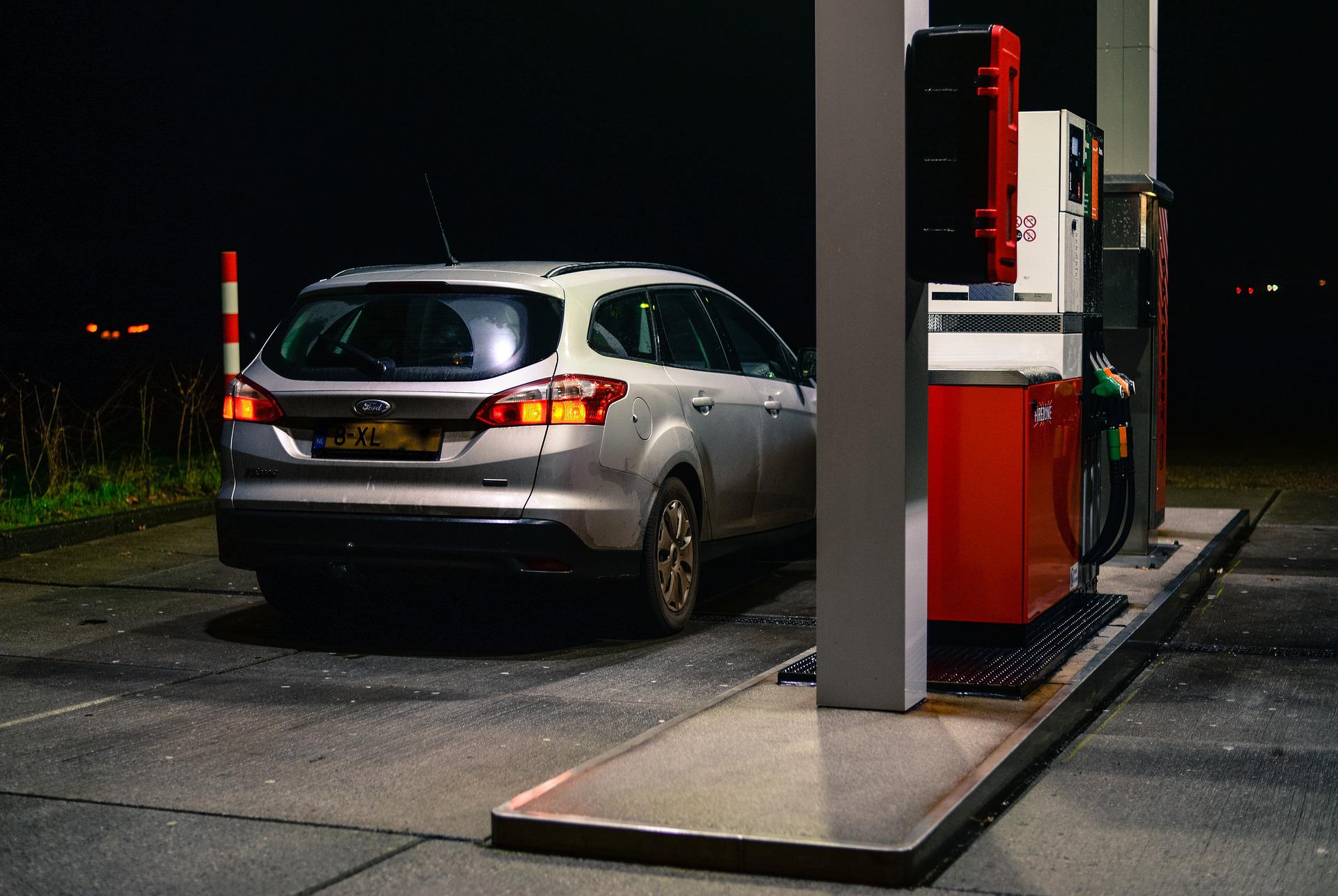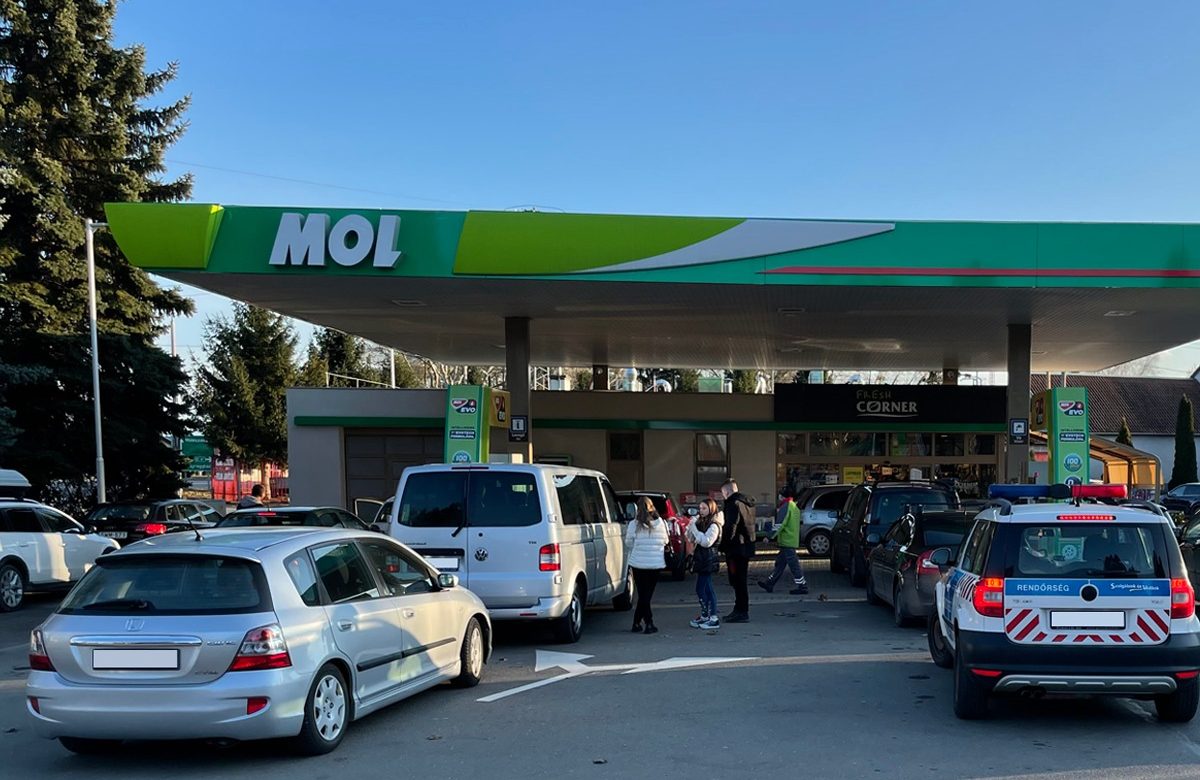
The tax should help achieve the EU's target of reducing energy consumption by 32.4% by 2030, compared to 2018.Continue reading

The ongoing controversy surrounding Hungary’s fuel price freeze, introduced two years ago, has sparked renewed debate, particularly regarding MOL’s actions during this period. In 2022, the Independent Petrol Stations Association (FBSZ) filed a complaint with the Hungarian Competition Authority (GVH), accusing MOL of abusing its market dominance and harming smaller, independent fuel stations. However, following a detailed investigation, the GVH has concluded that MOL’s actions did not constitute an abuse of its dominant position.
The GVH clarified its stance after a series of investigative steps, including a thorough analysis of market behavior, documents, and submissions from both the FBSZ and MOL, reports Index. The authority’s final report concluded that MOL had acted in a manner justified by the challenges it faced during the fuel price freeze. These measures were deemed necessary to ensure a stable fuel supply, particularly in the context of rising demand and shrinking fuel imports, according to the GVH.
MOL, Hungary’s largest oil and gas company, faced immense pressure to maintain fuel distribution across the country during a period of constrained supply.
The price freeze, intended to protect consumers during the economic turmoil, led to increased demand, with many stations struggling to secure enough fuel.
MOL, the sole provider capable of meeting this demand on a national scale, implemented strategies to manage the fuel supply, which the GVH deemed rational and in line with competition laws. The authority noted that these practices were not intended to harm competition, but rather were necessary responses to the extraordinary market conditions.
The competition authority also pointed out that the European Commission’s Directorate-General for Competition had reviewed the case independently and closed its investigation without referring the matter to the GVH. This decision reinforces the idea that MOL’s actions were not seen as a breach of EU competition rules, underscoring the complex nature of this issue on both national and European levels.
Despite these findings, the FBSZ, representing smaller fuel stations, did not accept the GVH’s ruling and has taken the matter to court, continuing to challenge MOL’s market behavior. The dispute highlights the tension between large corporations and independent operators, especially in times of market instability.
Smaller fuel stations argue that MOL’s dominance during the price freeze put them at a significant disadvantage, restricting their ability to compete fairly.

Photo via Pixabay.
In response to the GVH’s findings, MOL defended its actions, emphasizing that the company’s priority was to ensure the country’s fuel supply during a time of unprecedented challenges. The company argued that, faced with a significant drop in fuel imports and soaring domestic demand, it had to operate beyond its usual capacity to stabilize the market. Furthermore, MOL maintained that all of its actions were fully compliant with competition laws, despite the difficult circumstances.
The outcome of the court case will likely have significant implications for Hungary’s fuel market and competition law in the future.
Via Index; Featured image via Facebook/ MOL